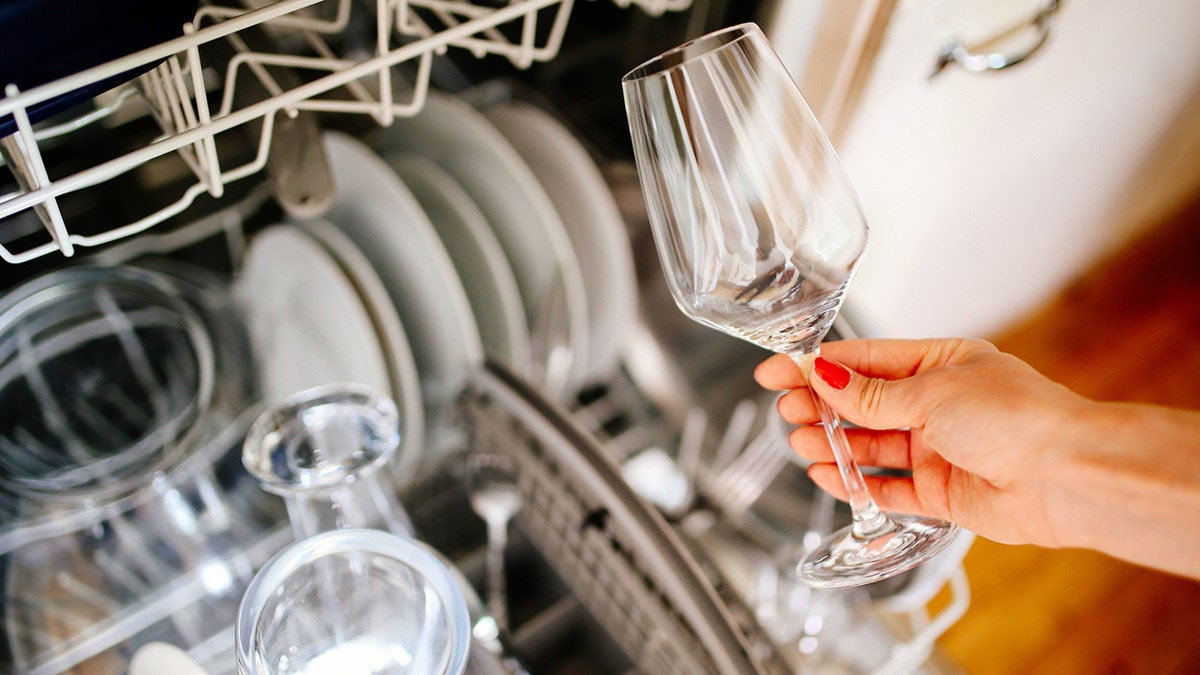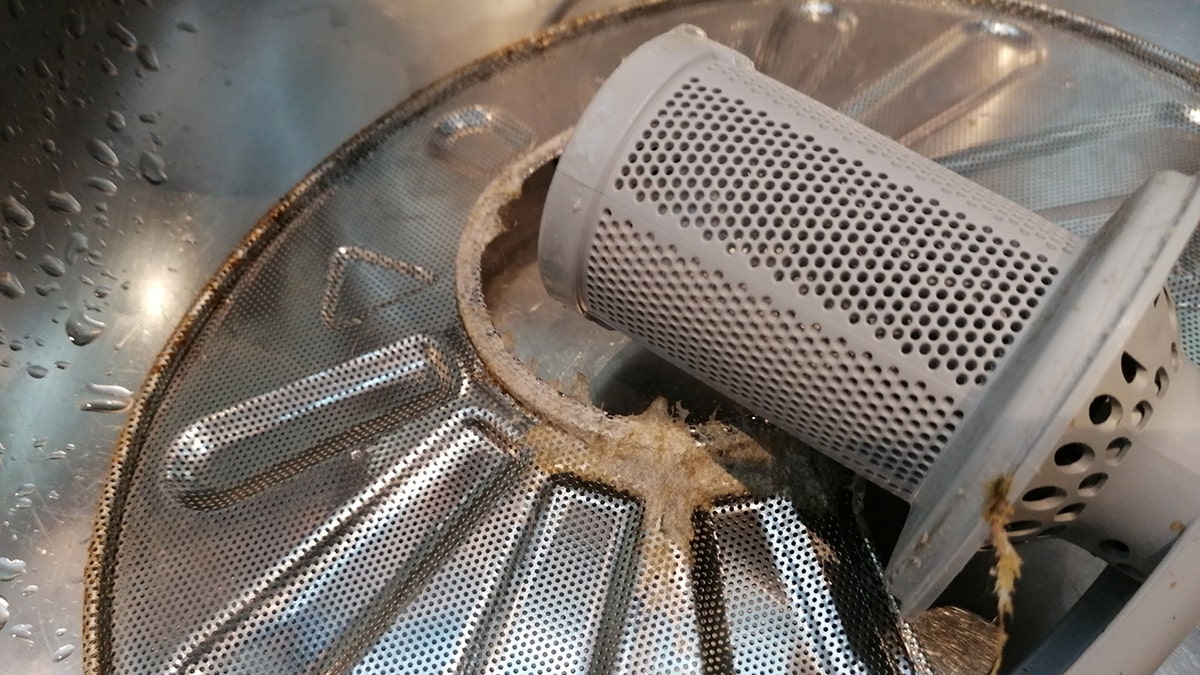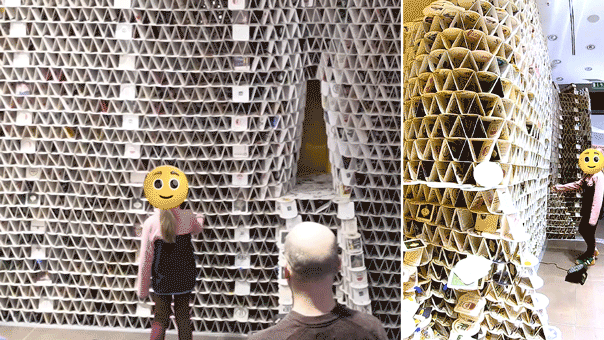Paula Deen shares her favorite dishes that bring people together
Join Paula on 'At Home with Paul Deen: Labor Day Special' on Fox Nation.
As far as kitchen appliances go, few are as underappreciated as the dishwasher. In fact, it ranks as the least-used device in American homes, according to the U.S. Energy Information Administration. That’s odd because:
- Hand-washing dishes is such a loathsome task that most people would prefer scrubbing a toilet, according to a 2017 survey.
- Doing your dishes by hand has been scientifically proven to be less effective than using a dishwasher.
- Using a dishwasher can save you nearly 10 days’ worth of hand-scrubbing over the course of a year.
- An energy-efficient dishwasher can cut your utility bills by $111 per year, as compared to washing and drying by hand.
In the age of COVID-19, do you really want to take your chances that you’re not getting your dishes completely clean?
So, what gives? After talking to appliance experts, it has become apparent that a great many dishwashers out there — maybe even the one in your kitchen — are actually in desperate need of replacement. Here are the signs your dishwasher is dying (or is basically already dead).
The door won’t latch
If the door to your dishwasher won’t latch, then it would be surprising if your dishwasher could even start, according to home repair expert Nick Ornitz, the CEO and founder of Dwelling, a “telemedicine” site for homeowners. If that’s the case, mystery solved: We know why you’re not using your dishwasher. The good news is that it may be possible to replace the latch. If not, however, your dishwasher probably needs to be replaced.
“If it’s not a simple latch replacement,” says Ornitz, it’s likely “the door has been warped over time.” Usually that’s the result of ongoing water damage. To avoid the situation of loading up your dishwasher only to find it won’t start because it won’t close properly, you’ll want to pay attention to some of the earlier warning signs of leaks, clogs, and the like, as discussed below.
More From Reader's Digest
The dishes are cold
Whereas hand-washing requires you to scrub your dishes clean, dishwashers rely on the spray of very hot water to do the job. It’s therefore highly unlikely your hands would be able to tolerate the water temperature required to properly sanitize your dishes, as per FDA guidelines, which is just one of the reasons you shouldn’t be washing your dishes by hand. Immediately after your dishwasher is done with its cycle, your dishes should still be uncomfortably hot to the touch. If that is not the case, then the heating element inside the dishwasher may be malfunctioning, according to Rob Shaw, resident appliance expert at ProTip, an app that offers on-demand access to verified home-repair experts via one-to-one video calls.

Her hands must be on fire! (iStock)
“The heating element can be an expensive part to replace or fix,” he notes, “so if your dishes aren’t hot to the touch at the end of a cleaning cycle, you may need to consider replacing your dishwasher.”
The dishes aren't clean
You might think that if your dishes are coming out of the dishwasher with food residue, your dishwasher is done for. That’s not always the case, though. “If your dishwasher isn’t cleaning well, the first thing you should do is check to see if there are any food particles in the filter, which is located in a cylinder at the bottom of the machine,” advises Albert Lee, founder of Home Living Lab. If you don’t see any, then your next step is to give your dishwasher a thorough cleaning, says Audrey Monell, president of Forrest Anderson Plumbing and Air Conditioning in Glendale, Arizona. That includes pulling out the filter and rinsing it in hot, soapy water and cleaning the spray-arm, which can get clogged as well.
If you’re still not getting clean dishes, it still it doesn’t necessarily mean your dishwasher is dying. Hard water or caked-on food could be the culprit. Of course, if nothing you do is helping, then that may be a sign your dishwasher is done and it’s time to seriously consider shopping for a replacement unit.

If dishes are coming out dirty, it might be time to check the filter. (iStock)
The glasses are coming out spotty
Spots on your glasses can also be a sign your dishwasher is dying, but if you know you have hard water, then that could very well be the reason. It could also be a sign you need to add this ingredient to your dishwasher. If that doesn’t help, our experts suggest you follow the same procedure recommended for when your dishes aren’t coming out clean.
There's a puddle of water on the floor of the machine
Opening the door to your dishwasher after a cycle and seeing water pooled at the bottom is a major sign your dishwasher is dying and in need of replacement, according to Monell. What it signifies specifically is that your dishwasher isn’t draining properly. However, before you go shopping for a new machine, you’ll want to check to make sure the drain isn’t clogged; if you see a clog, she suggests trying to eliminate it yourself with a wire coat hanger bent into a u-shape. In addition, if you have a garbage disposal, you should check the disposal drain line to make sure it’s not the cause of the problem.
If there’s no physical blockage that you can identify, then it’s quite possible the drain, itself, has malfunctioned, says Ornitz. If that’s the case, it may be time to replace your dishwasher.









































